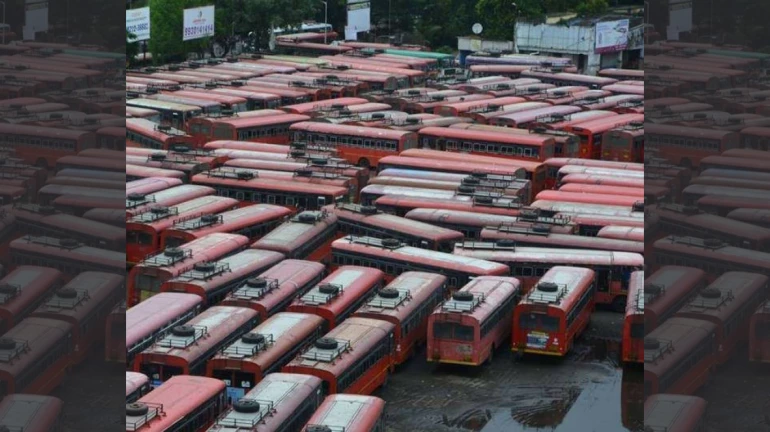
The Maharashtra State Road Transport Corporation (MSRTC), one of India's largest bus operators, is adding over 2,000 diesel vehicles to its fleet. This move aims to recover passenger numbers that dwindled during the COVID-19 lockdown and subsequent worker strike.
MSRTC had ordered 2,200 diesel buses that comply with BS6 emission standards. These buses are ready to be manufactured and will join MSRTC's existing fleet of 17,000 vehicles. The bids for the current order will open on January 15.
The supplier will maintain these new buses for the first five years, following MSRTC's guidelines. Each bus will have at least 41 seats, including seats for the driver and co-driver. The buses will also feature USB charging ports and a passenger address system.
While the diesel buses are on order, MSRTC's electric buses have started to arrive. The corporation had previously ordered 5,150 electric buses, aiming for a third of its fleet to be electric.
The shorter electric buses, measuring nine metres in length, will serve routes in the Mumbai Metropolitan Region. The longer buses, measuring 12 metres, have already been introduced on the Mumbai-Pune Shivneri bus route.
By transitioning to electric buses, MSRTC hopes to significantly reduce its diesel costs, which form a large part of its operating expenses.
The electric buses are being purchased under the Central Government's Fame-2 subsidy programme. MSRTC is also setting up quick e-charging stations at various bus depots to ensure seamless travel.
An e-bus can travel 300 km on a single charge and takes about two hours to fully charge. This makes it ideal for round-trip trips between Mumbai and Pune.





